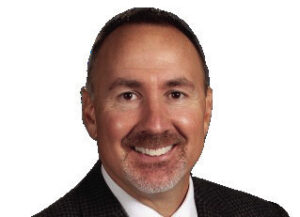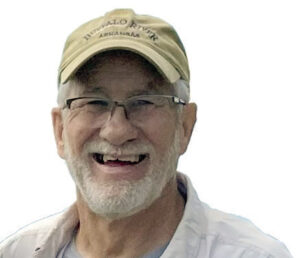In Matthew 18:21-35, Jesus shares a parable about the unmerciful servant, illustrating the profound truth of forgiveness.
The story begins with a servant who owes an astronomical debt to his master, a debt he could never repay.
Faced with the impossibility of settling the score, the servant pleads for mercy.
Astonishingly, the master forgives the entire debt, releasing the servant from the burden of his overwhelming obligations.
Yet, the story takes a turn when the forgiven servant encounters a fellow servant who owes him a comparatively trivial amount. Despite experiencing such abundant grace, the forgiven servant shows no mercy. Instead, he demands payment, refusing to extend the same forgiveness he had received. The master, upon learning of this unmerciful response, reinstates the servant’s original debt, highlighting the importance of showing mercy as we have been shown mercy.
In our own lives, we often carry the weight of grievances and hurts inflicted by others.
The pain can be real, and the wounds may run deep.
However, Jesus urges us to reflect on the extravagant forgiveness we have received from God. Our sins, like the unmerciful servant’s debt, were insurmountable, yet God, in His boundless mercy, forgave us through the sacrifice of His Son.
Forgiveness is not merely a one-time transaction but a continuous posture of the heart. In verses 14-16 of Matthew 6, Jesus tells us a hard truth, “For if you forgive other people when they sin against you, your heavenly Father will also forgive you.
But if you do not forgive others their sins, your Father will not forgive your sins.”
The connection between receiving forgiveness and extending it to others is clear.
The overflowing grace we’ve received should naturally spill over into our relationships with others. If we cannot, then we cannot be in communion with Christ.
This Lent season, may we be challenged by the story of the unmerciful servant to ask ourselves the tough questions. Are we living in communion with God? Is there someone we need to extend forgiveness to? May our hearts be softened by the awareness of the immeasurable forgiveness we’ve received, prompting us to reflect that grace in our interactions with others.
In doing so, we participate in a transformative cycle of forgiveness that mirrors God’s redemptive work in our lives.
Caleb Ryman is the senior pastor at Cassville Church of the Nazarene. He may be reached at rcryman@gmail.com.






